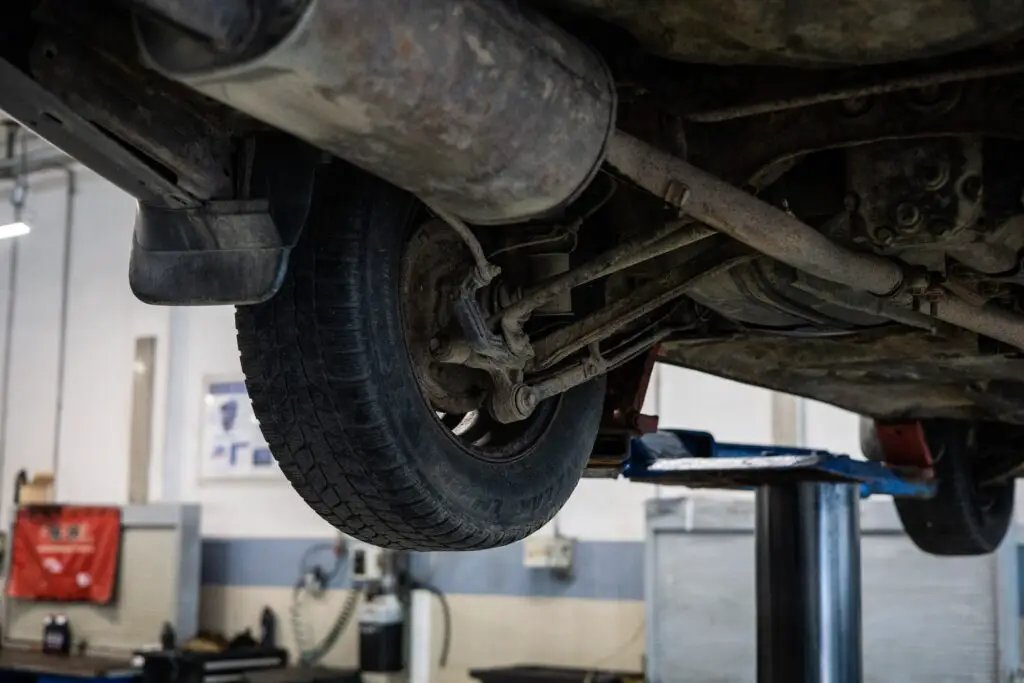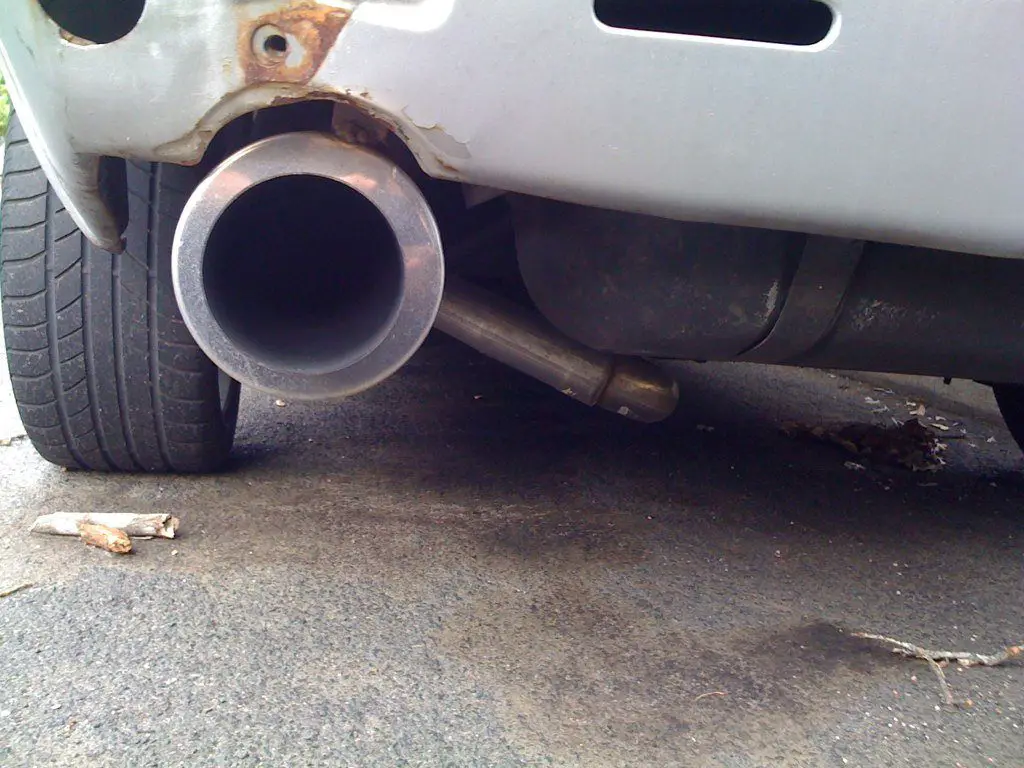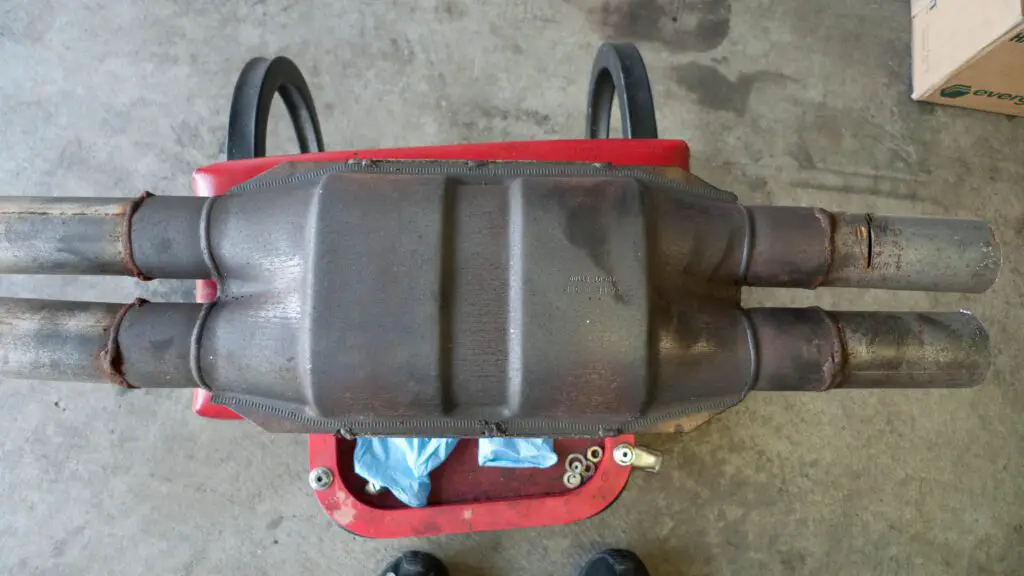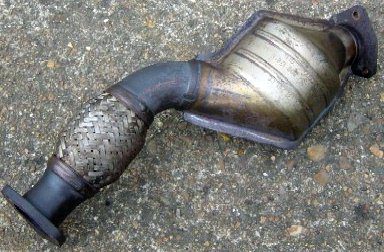The exhaust gas recirculation (EGR) valve plays several important emissions reduction roles. But a failed EGR valve causes drivability issues and failed smog tests. Preventing EGR valve failure through proper maintenance and driving habits can save big repair bills down the road. Failing
Follow these preventative steps and understand EGRs to avoid failures and know How to Prevent EGR Valve Failure, keep your engine running cleanly, and pass emissions tests.
What Does the EGR Valve Do?
The EGR valve has the main functions of:
- Recirculating measured amounts of exhaust gases back into the intake manifold. This lowers cylinder temperatures and NOx emissions.
- Increasing exhaust system backpressure to improve scavenging and engine performance
It opens on acceleration and high loads, allowing hot exhaust to flow back through the cooled EGR tube to the intake air stream. The valve then closes at idle and cruises.
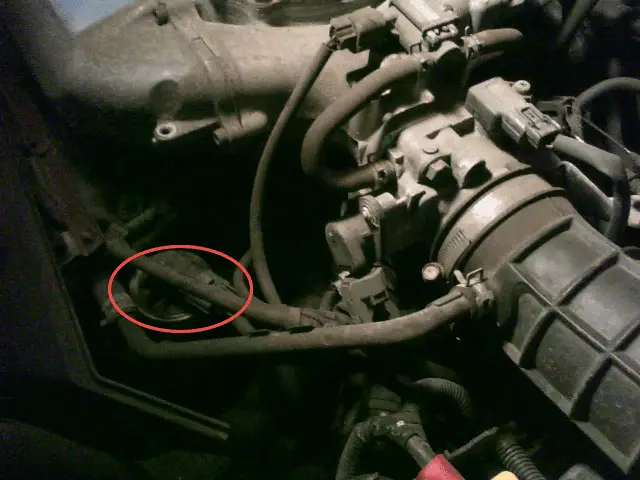
A precise amount of exhaust must recirculate to lower NOx emissions without creating a too-lean or rich mixture in the cylinders. To control this, the valve modulates open based on manifold pressure against spring force.
Where is the EGR Valve Located?
How to Prevent EGR Valve Failure. EGR valves are positioned along the intake and exhaust flow path to redirect gases. Typical EGR valve locations include:
- Attached to the intake manifold
- Mounted on the cylinder head
- Along the front exhaust manifold
- On the exhaust manifold to the intake tube
- Under the intake plenum
The most common mounting points are on the intake manifold or tube connecting the exhaust manifold to the intake plenum. This allows managing flow at the convergence of the two systems.
What Causes EGR Valves to Fail?
Some common reasons for EGR valve failures include:
Carbon Buildup – Exhaust particles clog EGR valve passages, ports, and intake components. Sticking valves and flow restrictions result.
Stuck Pintle – Carbon, oil, and combustion deposits prevent the spring-loaded valve pintle from closing fully. This causes stalling, misfires, and poor performance.
Leaking Gaskets – Hardened, ill-fitting gaskets allow exhaust leaks leading to incorrect flow.
Disconnected Lines – Broken, missing, or detached vacuum and electrical (if equipped) lines disrupt EGR operation.
Cooler Failures – Leaking or damaged coolers reduce EGR gas temperatures, limiting NOx reductions.
ECM Errors – Sensor issues and computer malfunctions lead to improper EGR valve positioning and flow control.
Catching issues early and performing preventative maintenance minimizes EGR failures down the road.
Symptoms of a Failing EGR Valve
Be alert for these warning signs of a malfunctioning EGR valve:
- Engine overheating from insufficient exhaust gas cooling effects
- Poor fuel economy and reduced power output
- Surging, hesitation, or rough idle as the computer struggles to compensate
- Illuminated check engine light pointing to emissions irregularities
- Failed smog tests from incorrect exhaust readings
- Excessive white or blue smoke from the tailpipe
- Gasket leaks indicated by soot residue around the Failing mounting
Do not ignore these symptoms, as they indicate that exhaust flow rates and oxygen sensor readings are being impacted. A faulty EGR will only worsen if not addressed promptly.
Consequences of EGR Valve Failure
Driving with a failed EGR valve produces several negative effects:
Emissions Test Failure – Readings outside allowable limits cause automatic rejection. Vehicle registration can’t be renewed until fixed in most regions.
Check Engine Light – The engine computer detects irregular exhaust emissions behavior.
Increased Fuel Consumption – Incorrect intake air ratios force the engine to run rich or lean, wasting gas.
Reduced Performance – Power and acceleration drops from poor exhaust flow dynamics.
Carbon Buildup – Coked valves and ports worsen without proper exhaust gas flow management.
Failed O2 Sensors – Incorrect readings damage oxygen sensor elements from running too hot or cold.
Engine Damage – Ultimately cylinder misfires, burning valves, and other damage can occur if left unaddressed.
So while the vehicle remains drivable in limp mode, repairing EGR issues quickly is advised to avoid cascading failures.
How to Prevent EGR Valve Failure For Longer Lifespan
Regular maintenance helps avoid premature EGR valve failure:
Cleaning – Use a quality intake/exhaust/EGR system cleaner every 10k miles to reduce carbon buildup.
Inspection – Periodically check for leaks, detached hoses, soot residue indicating leaks, and smooth movement of the valve pintle.
Gasket replacement – Install fresh valve cover and intake manifold gaskets when removing those components for other repairs.
Cooler integrity – Ensure the EGR cooler surfaces are free of corrosion leaks impeding cooling performance.
Tune-ups – Replace spark plugs, wires, filters, etc. per maintenance schedule to keep the engine operating at peak efficiency.
Emissions testing – Address any failed tests immediately that could indicate EGR issues before damage worsens.
Yes, computer codes cleared – Any emissions-related warning lights should prompt a code readout and any necessary repairs.
Proper maintenance and diligence about engine performance can add years of reliable service to your EGR valve.
Should I Delete or Disable My EGR Valve?
Some vehicle owners choose to permanently disable their EGR valve through removal or blocking. Reasons for deleting/disabling the EGR include:
Prevent carbon buildup – Removing the EGR eliminates a key contributor to coked valves and intake deposits.
Reduce failure risk – Deleting a component eliminates the possibility of future failures.
Simplify emissions compliance – A malfunctioning EGR often causes test failures. Removing it avoids the issue altogether.
Improve performance – Eliminating exhaust flow restrictions frees up lost power in some applications.
However, there are also downsides to disabling EGR function:
Check engine lights – The computer detects missing EGR monitoring data and often throws a code. Reprogramming the ECU can prevent this.
Higher NOx emissions – Exhaust gases get no recirculation back to the intake to lower combustion temperatures and NOx.
Inspection issues – Visual inspections may fail vehicles with non-OEM exhaust and emissions parts removed.
Resale problems – Modified, non-compliant emissions systems can make selling or trading in your vehicle more difficult.
Legal compliance – Removal violates emissions equipment tampering laws. Fines and registration denial are possible if discovered.
Weigh the pros and cons carefully before disabling your EGR. Keep tuned, well-maintained EGR components often cause fewer issues than permanent removal in most applications.
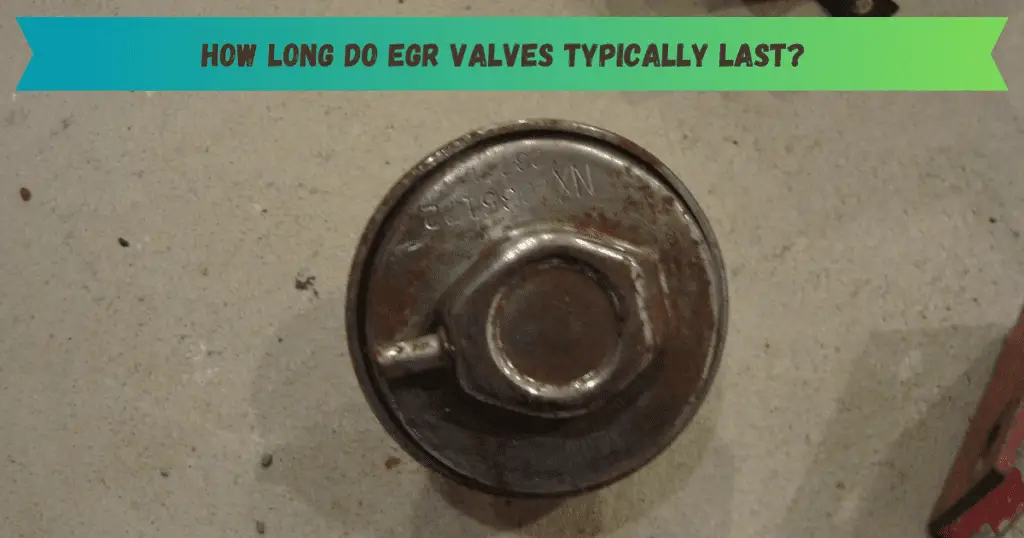

How Long Do EGR Valves Typically Last?
How to Prevent EGR Valve Failure. With proper maintenance, EGR valves generally last:
- Toyota/Lexus – Over 200,000 miles
- Honda/Acura – 150,000 to 180,000 miles
- Ford – 100,000 to 150,000 miles
- GM – 80,000 to 120,000 miles
- European vehicles – 50,000 to 100,000 miles
Mileage depends heavily on engine and emissions system design. Direct-injected turbo engines tend to coke valves faster from blow-by gases. Follow your manufacturer’s suggested cleaning intervals to maximize valve lifespan.
How Much Does Replacing an EGR Valve Cost?
EGR valve replacement costs typically range from $350 to $850 including parts and labor. The valve itself runs $100 to $350 depending on brand and model. Book time for replacement is 1-3 hours.
Dealerships and OEM parts tend to be costlier, with independent shops using quality aftermarket valves being cheaper. Valve cleaning can sometimes extend lifespan and is less than replacement.
DIY Methods to Clean an EGR Valve
Several methods can be used to clean a dirty EGR valve at home:
- Soaking overnight in carburetor or brake cleaner solvents
- Applying pressure washer cleaning sprays directly at valve ports
- Manually scrubbing valve passages and pintle with small wire brushes
- Removing carbon deposits with aerosol cleaners and a dental pick
- Blasting with compressed air to dislodge stuck soot in ports
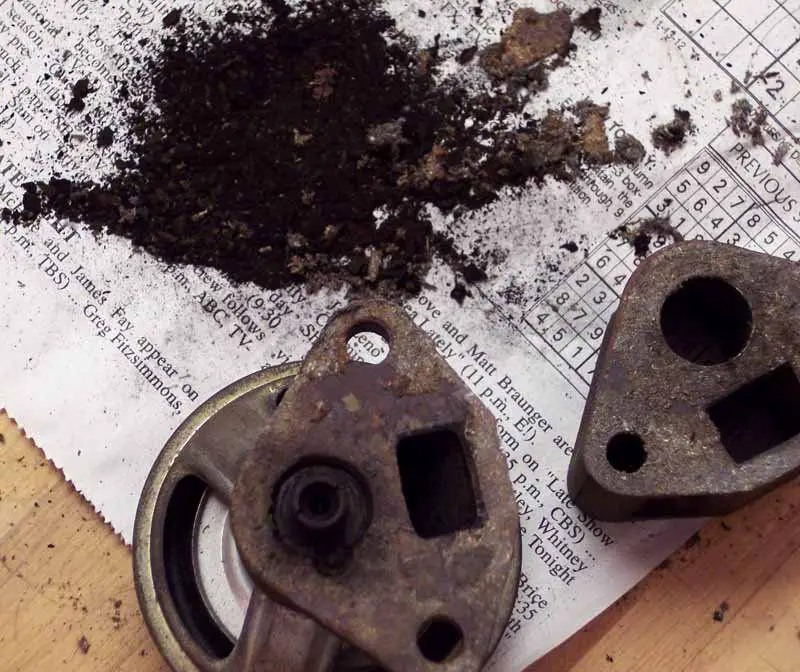

Take proper safety precautions if attempting DIY cleaning like wearing eye protection, avoiding skin contact with harsh solvents, and working in a ventilated area. Use manufacturer service procedures if available.
Diagnosing EGR System Faults
Use these tips to diagnose EGR issues properly:
- Scan for emissions-related trouble codes with an OBD-II scanner
- Perform a visual inspection of hoses, electrical connectors, vacuum lines, and EGR components for detachments or damage
- Check for intake or exhaust leaks around the EGR mounting surfaces with spray solvents
- Backprobe sensors to ensure proper voltage signals with a live data scanner
- Pressure test the EGR valve and passages for leaks allowing premature exhaust entry
- Monitor cold start injector pulse width which widens with EGR leaks
- Use live data scanner to watch EGR position, duty cycle, and related sensor outputs for expected values
Don’t assume bad valve performance based just on a P0401 code. Further electrical and mechanical testing often reveals the true underlying issues.
For more information about How to Prevent EGR Valve Failure check out this article How to prevent EGR valve Failure? Simple solutions!
Frequently Asked Questions
Does an EGR delete improve performance?
Some minor power gains are possible from reduced exhaust backpressure. But deletes violate emissions laws and can cause drivability issues. Proper maintenance is a better route for most drivers.
What happens if the EGR valve is stuck closed?
The engine will show symptoms of running too hot and lean. Performance suffers and NOx emissions rise without exhaust gas recirculation cooling effects.
Can a bad EGR valve cause misfires?
Yes, if the valve sticks open it allows too much exhaust into the intake. This leads to a too-lean or rich mixture and ignition misfires.
How often should you clean the EGR valve?
Most manufacturers recommend cleaning the EGR/intake pathways every 50-100k miles. Use reputable cleaning products specifically for carbon buildup removal.
Does engine size affect EGR valve lifespan?
Yes, larger displacement generally means more blow-by gases and faster carbon buildup on valves and in ports. More frequent cleaning is required on big V8s and diesels.
Do you think I can reinstall an EGR valve without gaskets?
Never reinstall an EGR valve without fresh, OEM spec gaskets. Exhaust leaks defeat the purpose and will damage sensors and engine internals over time.
What is the average EGR valve replacement interval?
Expect to replace a worn-out EGR valve around 100k-150k miles on most engines with proper maintenance. Failed valves often need replacement sooner.
Conclusion
While the EGR valve operates transparently in the background, its failure wreaks havoc with engine performance and emissions compliance. Following preventative maintenance and inspection procedures helps avoid issues cropping up unexpectedly. Pay attention to any emissions-related warning signs and don’t delay repairs when a faulty EGR is detected. Replacing the valve before damage spreads makes for a straightforward repair. With some diligence, your EGR valve can provide reliable service for over 100k miles.

